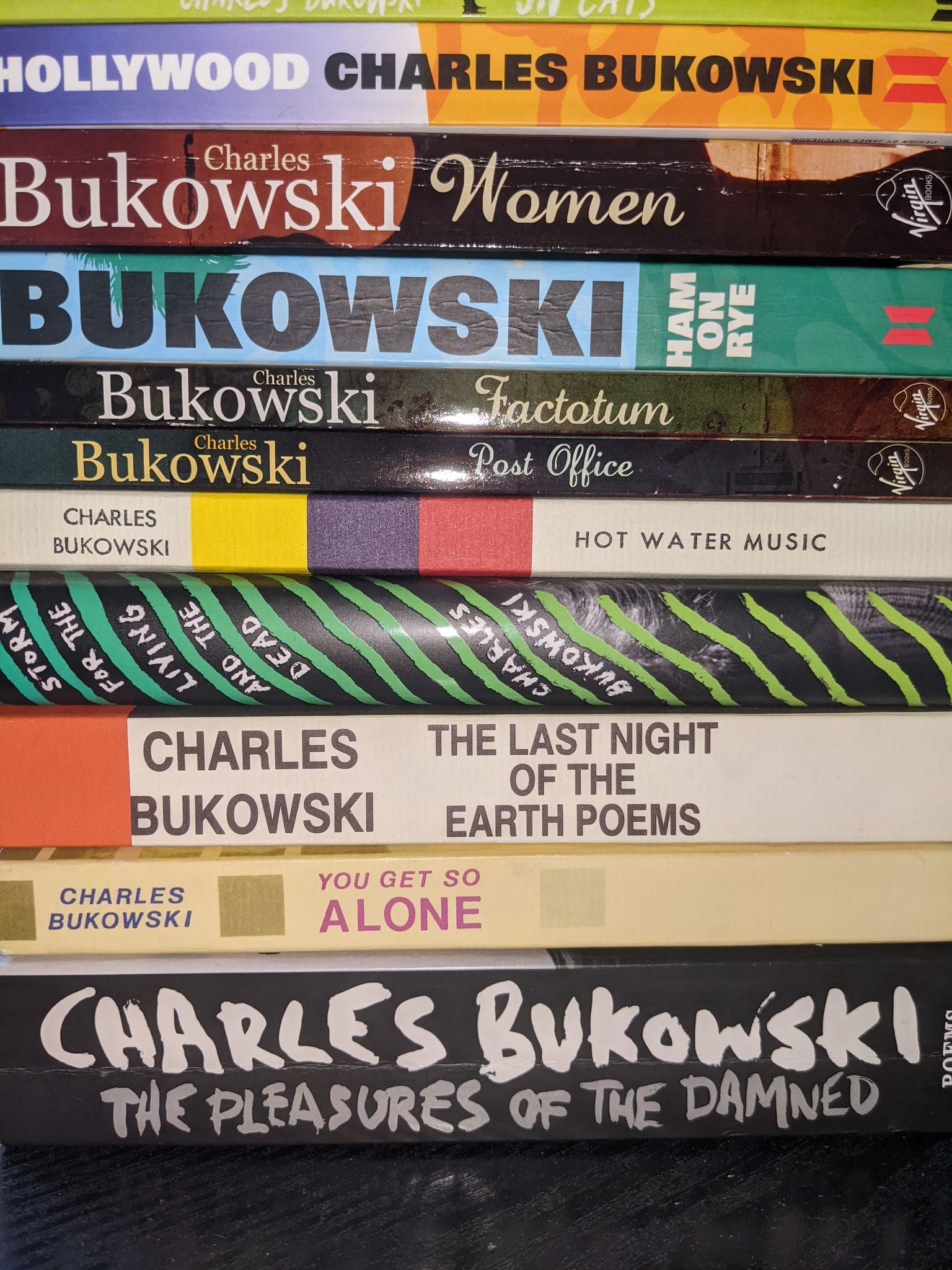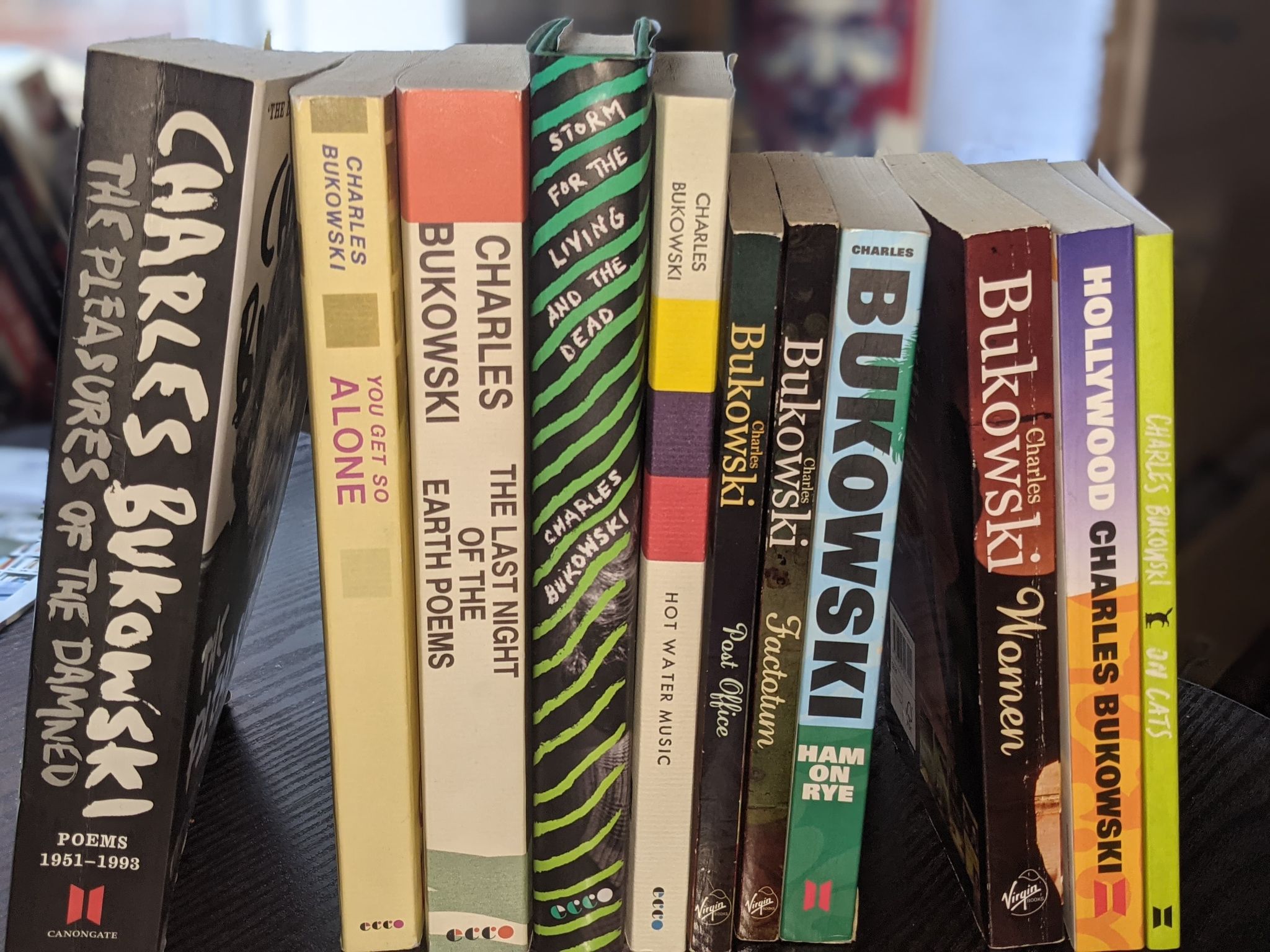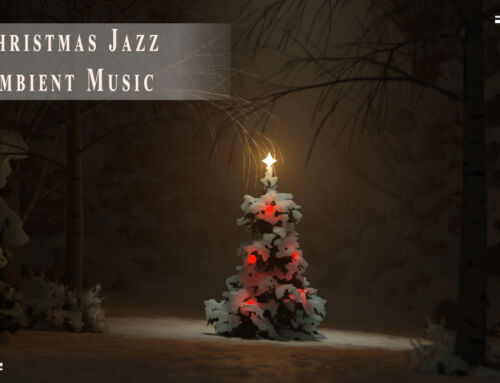
America’s Sleazeball – Charles Bukowski and the birth of Dirty Realism
I don’t remember at what age I read my first Bukowski poem, but I remember which one it was. ‘how is your heart?’ gripped me from the moment I laid eyes on the page. I’m not sure what drew me to it – as a teenage girl I couldn’t really relate to sleeping on park benches or living with prostitutes, but the final lines stuck with me:
what matters most is
how well you
walk through the
fire.
Charles Bukowski birthed the concept of ‘dirty realism’ with his uncomplicated, brutally honest writings about life in Los Angeles’ lower class. He spoke of getting drunk, sleeping with whores, low paid jobs, and gambling.
He immortalised the ugly aspects of working-class life that he and thousands of other Americans were so familiar with – and made it engaging with his style of writing and by telling it from the heart
Over several autobiographical novels and countless poems, Bukowski is unapologetically himself, sprawling harsh truths across the page like spilt lager.
Bukowski’s poems could be viewed as a professor’s worst nightmare; no capital letters in sight, minimal punctuation, not a single literary device and few very hidden meanings.
Adam Kirsch published an article for New Yorker in 2005 on Bukowski, and wrote: “Shakespeare didn’t work at all for me,” he told one interviewer. “That upper-crust shit bored me. I couldn’t relate to it.”
Beneath his grubby descriptions of meaningless sex and aching hangovers, there is a subtle vulnerability.
In the titles ‘about the PEN conference’ and ‘cause and effect’, he crafts two single stanza poems from the bones of depression to remind us, he’s got a heart, and it hurts the same as ours.

Bukowski reinvented the idea that poetry had to be made from pretty similes and discuss life’s most important questions. He stripped it back bare, only leaving the reader the harsh truth and not much else. He proved that you didn’t have to be an academic to be a writer. Just a typewriter, determination, something to say – and perhaps a little beer.
Whilst Bukowski stood out with his strong style and emotions, he is not for everyone and if you prefer your poetry with a more traditional romantic approach, then consider Keats: Bright Star, a story of love joy and sorry





Leave A Comment